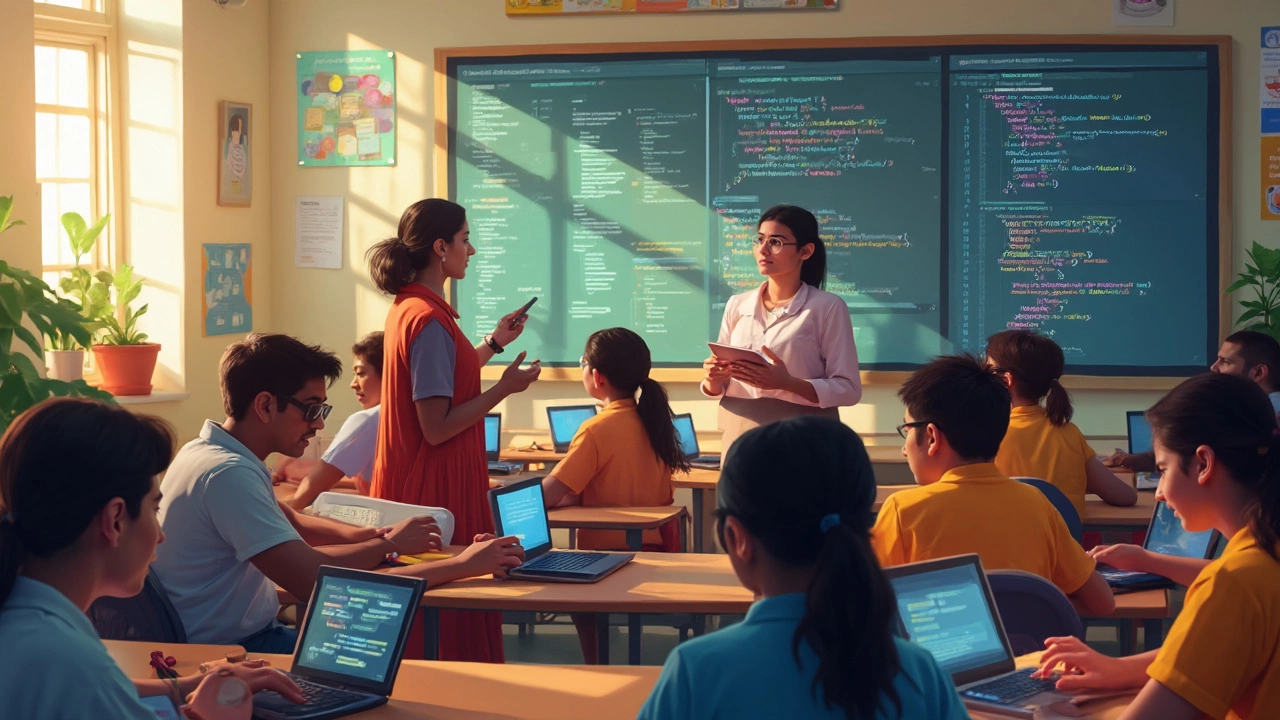Beginner Coding: Where to Start and What Really Matters
When you begin beginner coding, the first step in learning how to write instructions computers understand. Also known as learning to code, it's not about memorizing syntax—it's about solving small problems until they become second nature. Most people think you need to be a math genius or have a computer science degree. That’s not true. You just need curiosity and the willingness to try something that doesn’t work the first time.
Python, a simple, readable language used by beginners and big companies alike. Also known as the easiest programming language to start with, it’s the top choice for people starting out because it reads like plain English. You’ll see it pop up in posts about online courses, career switches at 50, and even how to land tech jobs without a degree. Then there’s HTML, the building block of every website. Also known as the foundation of web development, it’s not programming, but it’s the first thing you touch if you want to build something visible online. These two come up again and again in the posts below—not because they’re trendy, but because they actually get results.
Beginner coding isn’t about picking the "best" language. It’s about picking the one that lets you build something real fast. Want to make a website? Start with HTML. Want to automate a task or analyze data? Try Python. Want to know what jobs are hiring right now? Look at the posts on online coding courses, structured learning paths that lead to real skills, not just certificates. Some of them cost nothing. Others are tied to certifications that actually move the needle on your resume.
What you’ll find in the posts below isn’t theory. It’s what people did after hitting "start coding" and stuck with it. You’ll see how someone learned Python at 50 and got hired. You’ll see why HTML and Python are compared so often. You’ll see which online courses actually pay off, and which ones are just noise. There’s no magic formula. Just consistent practice, small wins, and knowing when to stop watching tutorials and start building something broken—then fixing it.
If you’re wondering if you’re too old, too busy, or not smart enough—skip that thought. The people in these posts weren’t born with code in their hands. They just started. And so can you.
- By Nolan Blackburn
- /
- 30 Oct 2025
Can I Learn Coding in 3 Months? Realistic Expectations and a Proven Path
Yes, you can learn coding in 3 months if you focus on one path, build real projects, and avoid common mistakes. This guide shows you exactly how to do it-no degree needed.
- By Nolan Blackburn
- /
- 15 Jun 2025
Best Coding Classes: Picking the Right One for You
Curious about which coding classes are worth your time and money? This guide digs into the best choices for beginners, hobbyists, and those aiming for a software career. You’ll find insider tips, real class examples, and solid advice to help you make a confident decision. See why not all coding classes are created equal—and learn what really matters. Simplify your search and start learning smarter today.






